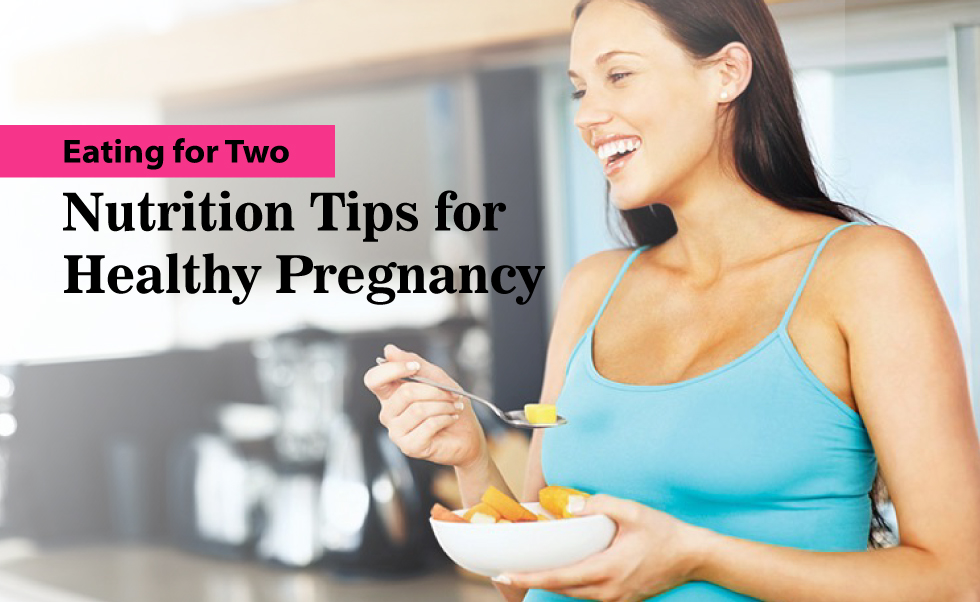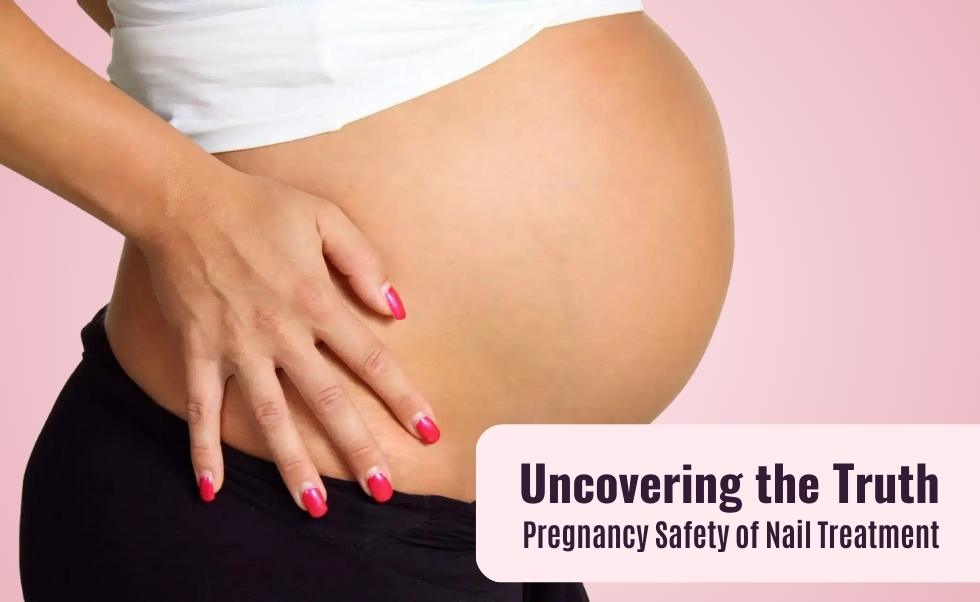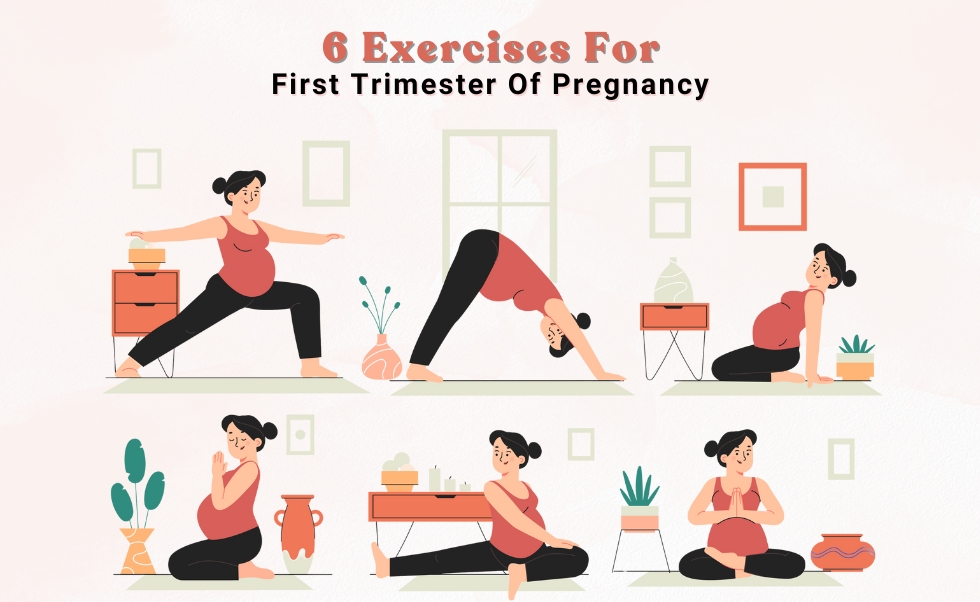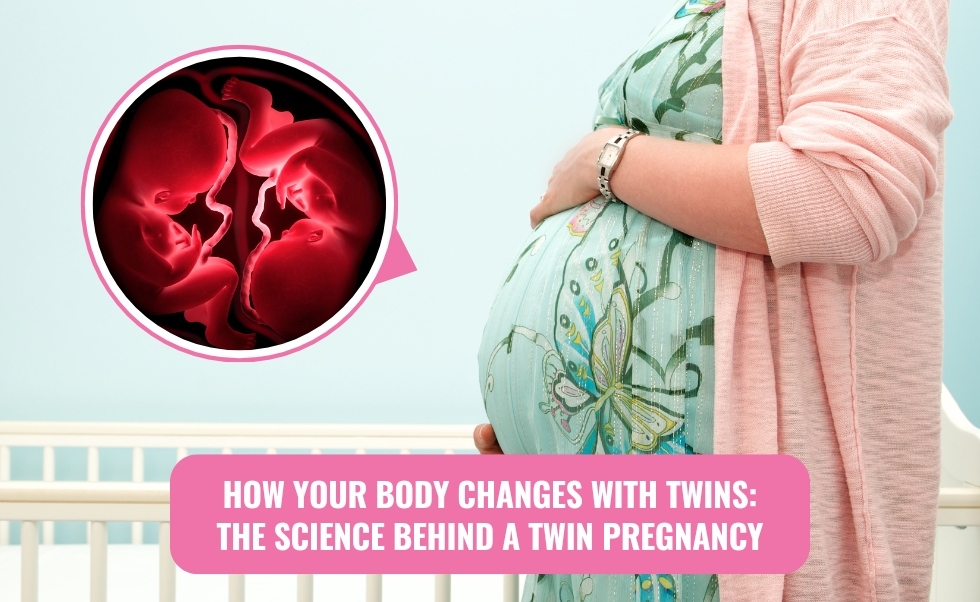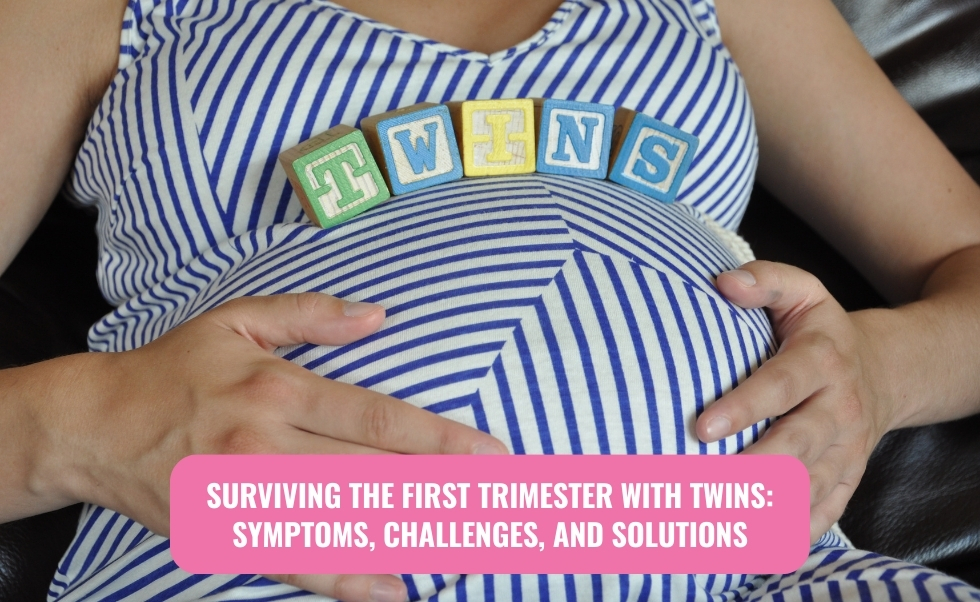Pregnancy is a beautiful journey filled with expectation and excitement. As an expectant mother, you want to do everything possible to ensure the health and well-being of your baby. One of the most crucial aspects of this journey is nutrition. Eating the right foods can support your baby’s development and help you feel your best throughout the nine months. Here are some essential nutrition tips for a healthy pregnancy.
1. Balance Your Diet with a Variety of Foods
Your body needs a wide range of nutrients to support both your health and your baby’s development. Aim to include a variety of foods in your diet:
- Fruits and Vegetables: Rich in vitamins, minerals, and fiber, these should make up a large portion of your daily intake.
- Whole Grains: Opt for whole grains like brown rice, oatmeal, and whole-wheat bread, which provide essential nutrients and fiber.
- Protein: Include lean meats, poultry, fish, eggs, beans, tofu, and nuts. Protein is vital for your baby’s growth and development.
- Dairy: Consume low-fat or fat-free milk, yogurt, and cheese for calcium and vitamin D, important for bone health.
2. Focus on Key Nutrients
Certain nutrients are particularly important during pregnancy:
- Folic Acid: Essential for preventing neural tube defects. Aim for at least 400-600 micrograms per day from fortified foods or supplements, in addition to food sources like leafy greens, citrus fruits, and beans.
- Iron: Supports increased blood volume and prevents anemia. Include sources like lean meat, spinach, and iron-fortified cereals. Pair with vitamin C-rich foods (like oranges) to enhance absorption.
- Calcium: Critical for building your baby’s bones and teeth. Aim for 1,000 milligrams per day through dairy products, leafy greens, and fortified foods.
- Omega-3 Fatty Acids: Important for brain development. Include sources like salmon, flaxseeds, and walnuts.
3. Stay Hydrated
Proper hydration is crucial during pregnancy. Aim to drink at least 8-10 cups of water a day. Water helps to form the amniotic fluid, supports digestion, and aids in the transportation of nutrients.
4. Manage Morning Sickness
Many women experience nausea and vomiting during the first trimester. To manage this:
- Eat small, frequent meals throughout the day.
- Avoid spicy and fatty foods.
- Keep crackers or dry toast by your bedside to eat before getting up.
- Ginger and vitamin B6 supplements can also help alleviate symptoms.
5. Limit Unhealthy Foods and Substances

Certain foods and substances can be harmful during pregnancy:
- Alcohol: Avoid alcohol entirely, as it can lead to fetal alcohol spectrum disorders.
- Caffeine: Limit to 200 mg per day (about one 12-ounce cup of coffee).
- Raw or Undercooked Foods: Avoid sushi, unpasteurized cheeses, and undercooked meats to reduce the risk of foodborne illnesses.
Processed and Junk Foods: These can be high in unhealthy fats, sugars, and empty calories. Instead, choose nutrient-dense snacks like nuts, fruits, and yogurt.
6. Consider Prenatal Vitamins
Even with a balanced diet, it can be challenging to get all the necessary nutrients. Prenatal vitamins can help fill any gaps. Consult your healthcare provider to find a vitamin that meets your needs.
7. Listen to Your Body
Every pregnancy is unique, and your body will often signal what it needs. Pay attention to hunger and fullness cues, and don’t hesitate to seek advice from your healthcare provider if you have concerns about your diet or nutrition.
8. Plan and Prepare Meals
Meal planning can help ensure you get a variety of nutrients and manage cravings. Prepare meals in advance and keep healthy snacks on hand to make nutritious choices easier.
9. Stay Active
Incorporate moderate exercise into your routine, such as walking, swimming, or prenatal yoga. Physical activity can help manage weight, reduce stress, and improve overall well-being.
Conclusion
Eating for two doesn’t mean eating twice as much, but rather focusing on twice the nutrition. By making mindful food choices and prioritizing key nutrients, you can support your baby’s development and maintain your own health during pregnancy. Remember, every step you take towards a healthier diet is a step towards a healthier pregnancy. Always consult with your healthcare provider before making significant changes to your diet or lifestyle.
Enjoy this precious time and nourish your body with the love and care it deserves!

